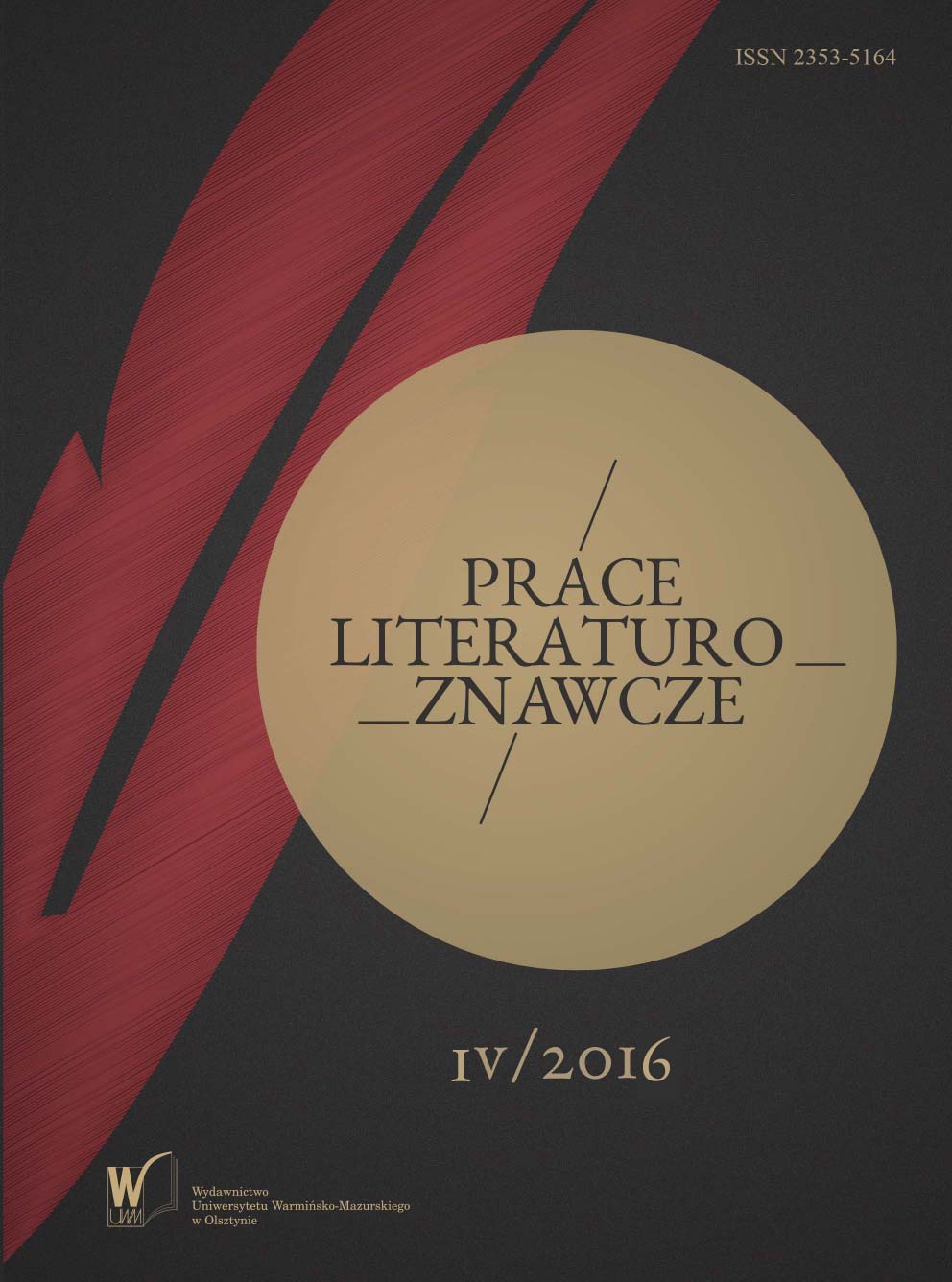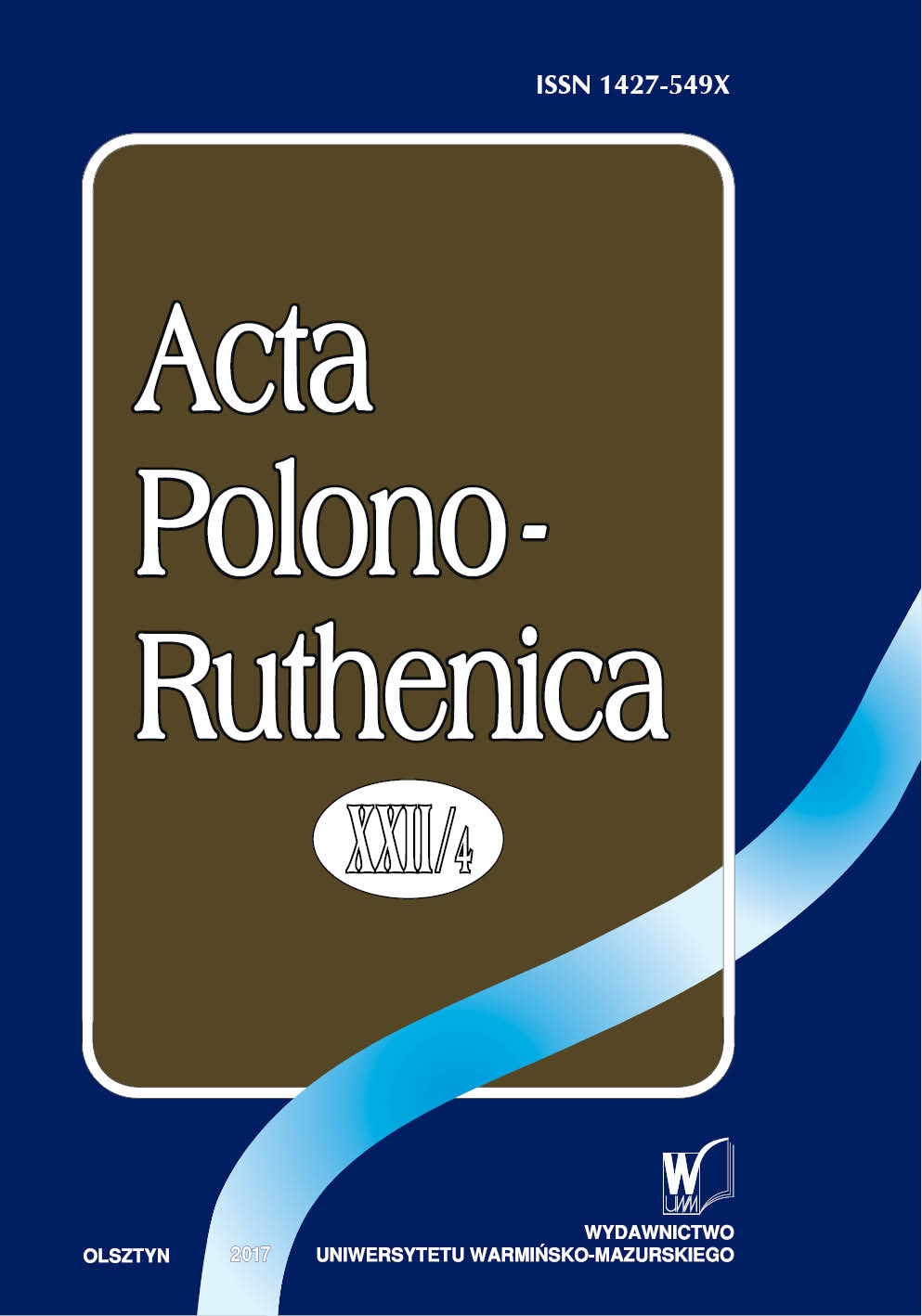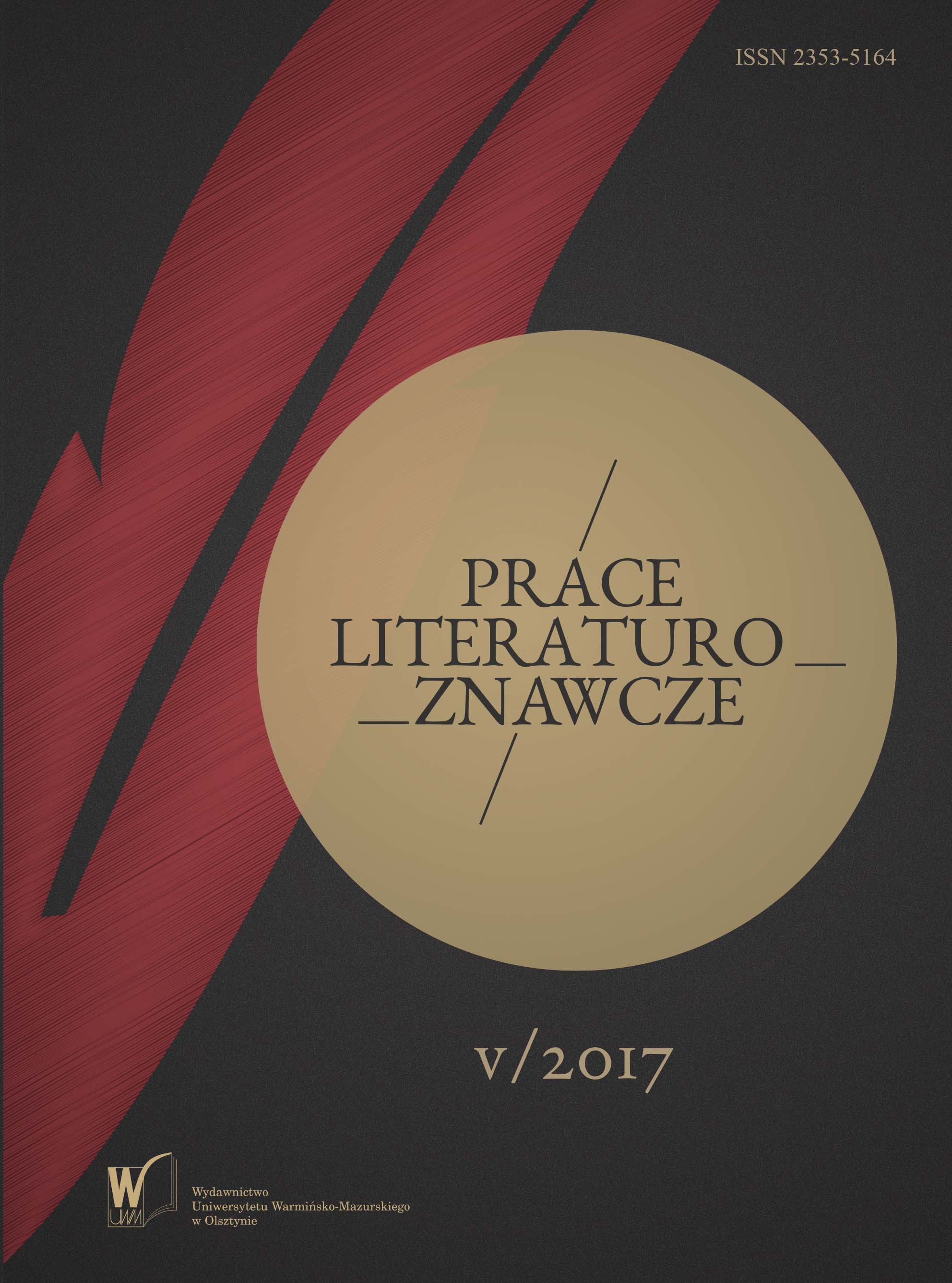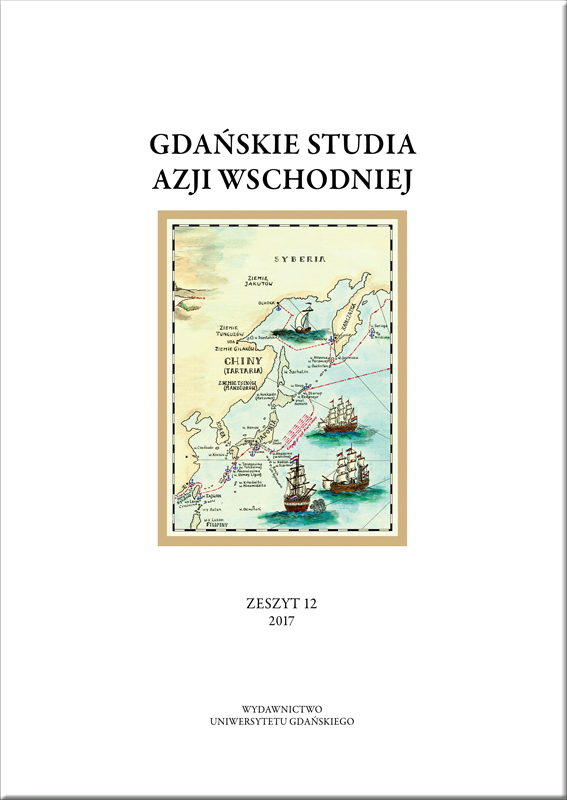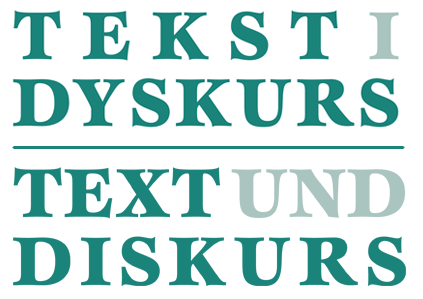
Ritual kollektiven Erinnerns oder diskurspolitisches Instrument? Struktur, Funktion, Wandel und kulturelle Bedeutung von TV-Jahres- und Jahrhundertrückblicken
The paper analyses the structure, function, change and cultural relevance of televised year- or century-in-reviews as prominent resources for our cultural memory. Using by several case studies, it shows that these reviews are worth analysing within culture-analytic media linguistics. For instance, such studies may seek to apply discourse analysis, cultural history or cultural comparisons to explore how multimodal memory components are adapted semiotically, framed strategically or exploited in a sense of memory politics and which social discourses are / should be linked with them.
More...
